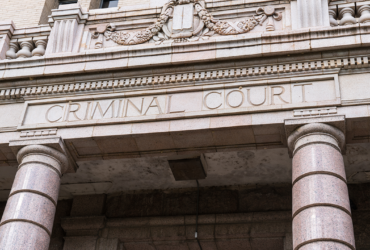Evidence that supports a finding of defendant’s innocence in a criminal case
Evidence supporting the innocence of a defendant could be in the form of testimony, documents, photos, and other types of physical evidence. Supported by the rules of evidence in criminal matters, prosecutors are legally obligated to turn over all exculpatory evidence to the defense in the discovery phase – not only evidence that tends to show guilt but also evidence that tends to show the defendant’s innocence.
Examples of Exculpatory Evidence:
- Evidence of fingerprints not matching at the crime scene
- Evidence defendant was not at the location
- Evidence of a statement from a witness saying it wasn’t the defendant
- Evidence of a line-up witness that was unable to pick out the defendant




